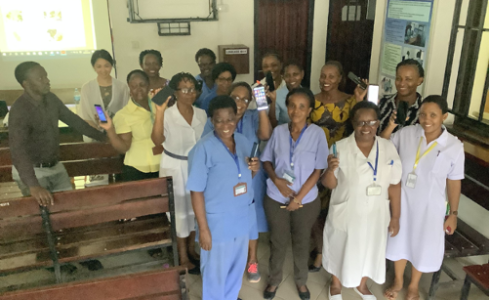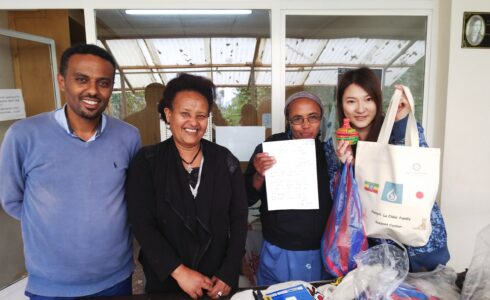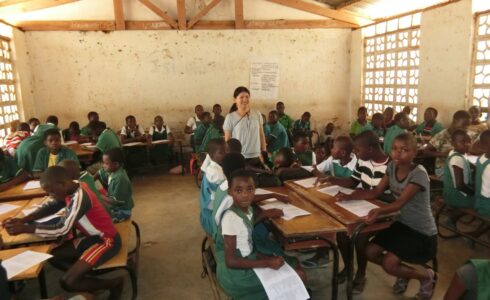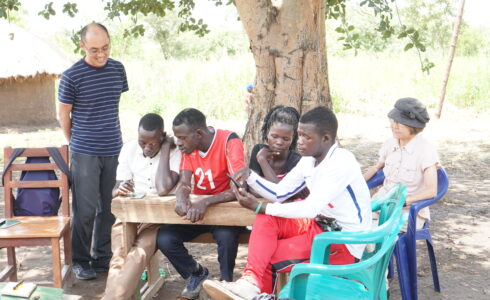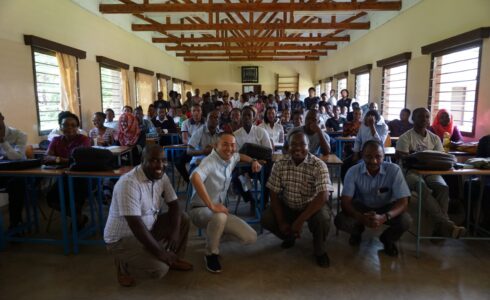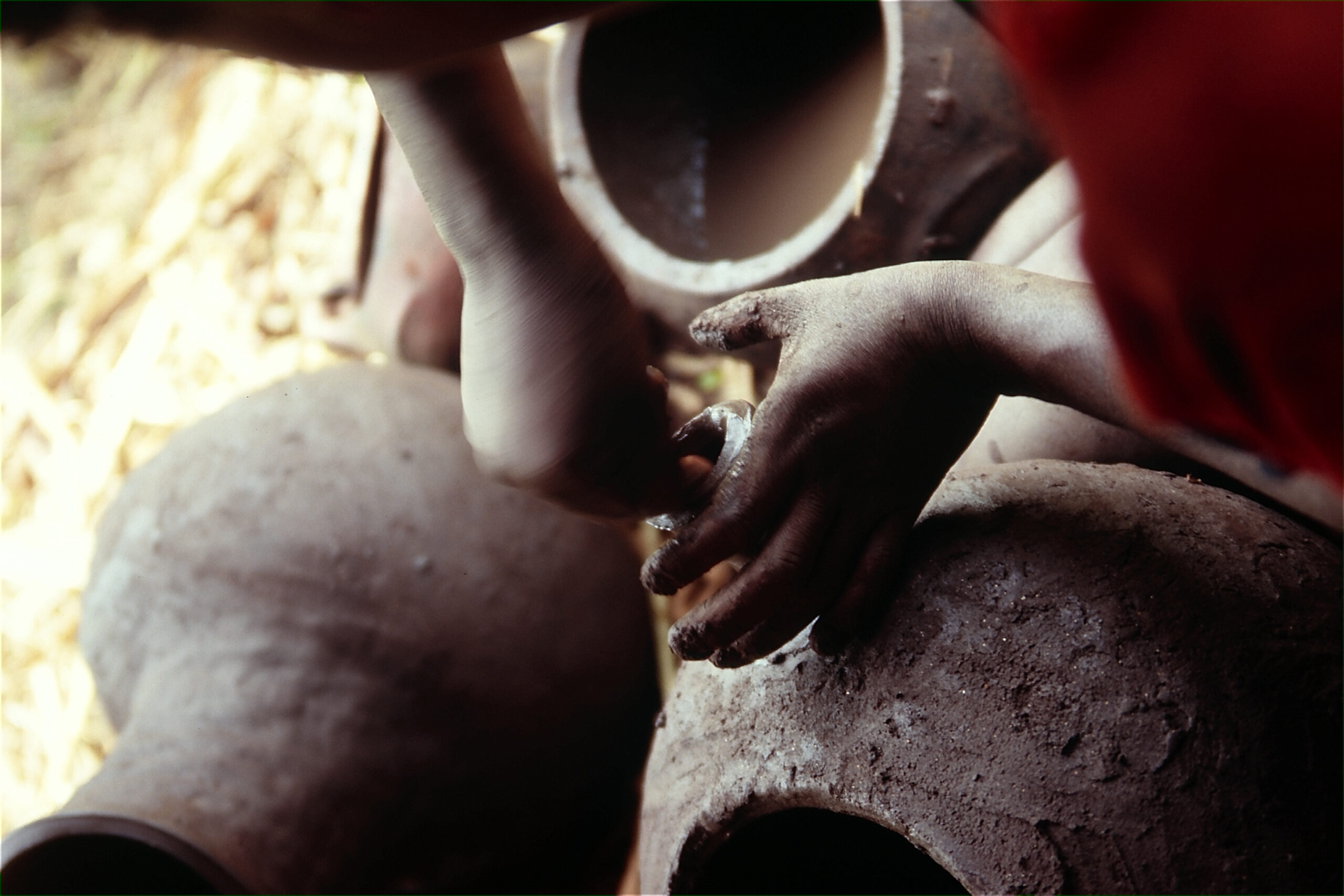
ZAIRAICHI [Local Knowledge] of Health Care in Africa and the Potential of Engaged Area Studies: Comparing the features of potters’ bodies that live “healthier” in communities to the features of their hands and fingers while making pots (M. Kaneko and N. Suzuki))
The purpose of this presentation is to introduce the concept of the ZAIRAICHI (local knowledge) of health care in Africa and then examine if engaged area studies could help Africans live “healthier” lives in their communities. African local knowledge is practical, experiential knowledge formed through individuals’ daily interactions with the natural and social environment. This concept has been used to highlight how Africans refer to their experiences when adopting something new by examining two case studies.
[Case 1] Women potters in southwestern Ethiopia, whom the presenter has been studying, use a combination of specific hand and finger movements to form their pottery. The potters mold the same form of earthenware, making minute changes to the molding process to suit the natural and social environment. The combination and order of the movements of each woman potter’s fingers was determined according to her hand. Potters establish their unique combinations of hand and finger
movements and shaping methods through trial and error to suit their social and natural environments. Until this means of molding is established, a potter’s fingers are sometimes perceived passively as uncontrollable; however, once the procedure is established, it can affirm a potter’s personality. The “healthier” living body discussed in this presentation means that the individual concerned understands the uncontrollable state of her body and continues to live with and accept that body in
relation to the individuals around her. A uncontrollable body is also a symptom of some diseases. In rural Africa, where residents have access to a modern medical system, they visit both health posts and clinics and use traditional medicines and treatments to alleviate their health conditions. In the rural Ethiopian cities where the presenters have been conducting research, health extension workers at health posts have been practicing maternal and child health with mothers and children and taking care of other individuals by providing home visit services. These workers play an essential role in community health care
[Case 2]. The presentation also highlights topics and the perspectives that engaged area studies can offer in realizing a body that lives “healthier,” while considering the limitations and possibilities of modern medical system in rural cities.
Key Words: ZAIRAICHI; Engaged Area Studies; “Healthier” lives; Potters; health extension workers
